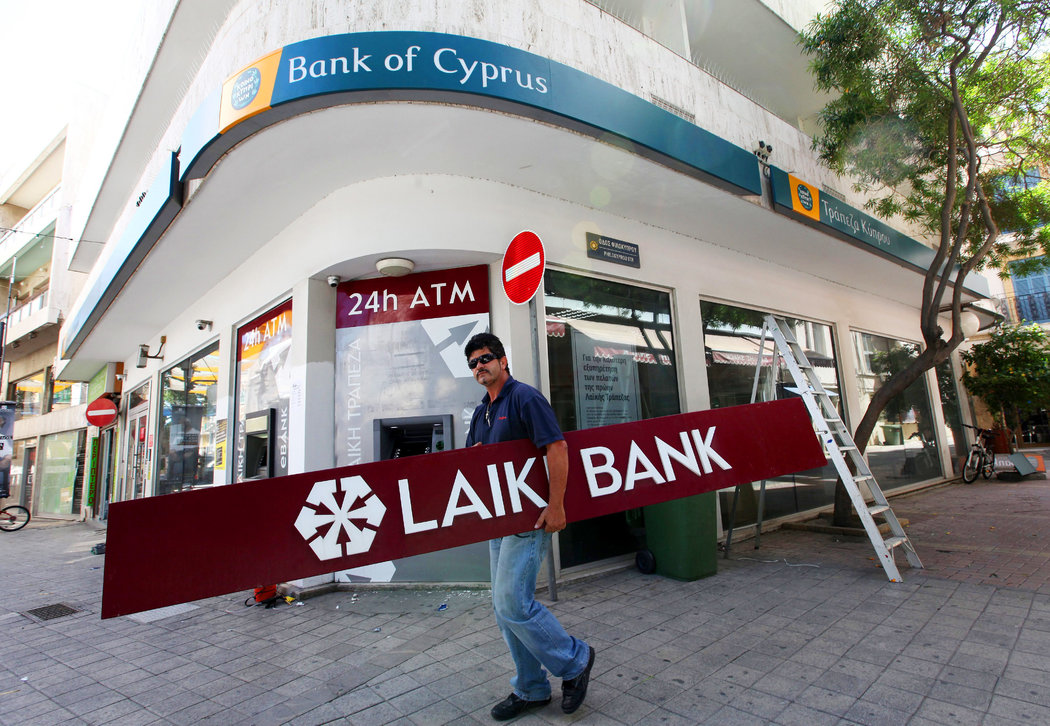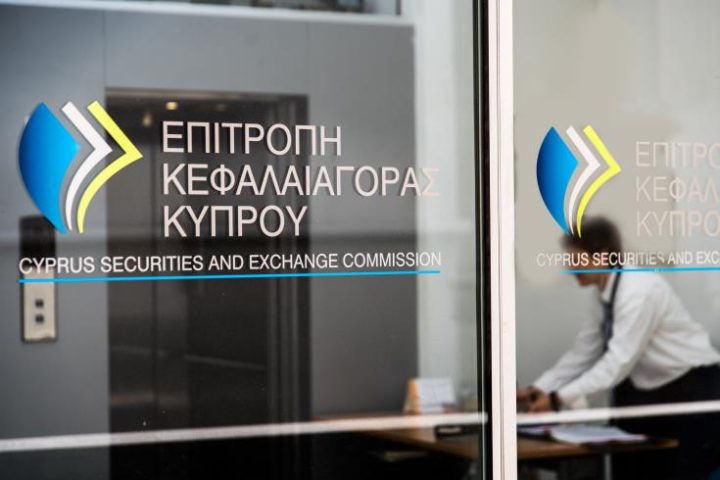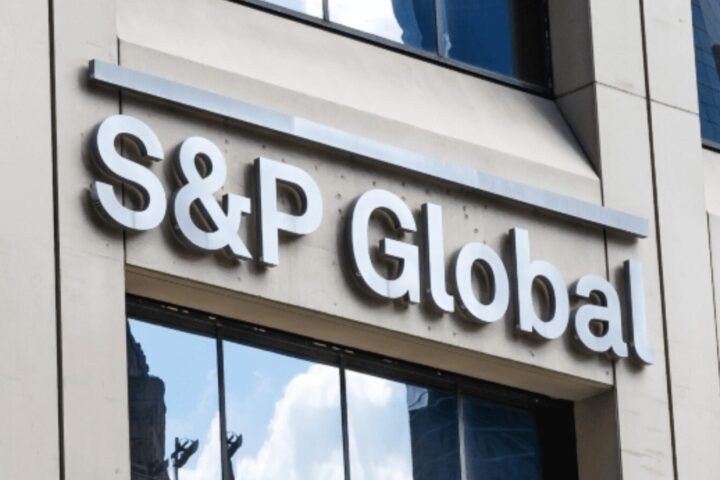By Michael Olympios
Economics is famous for the concept of opportunity cost – an idea that holds that there’s no such thing as a free lunch.
Almost every policy decision must be examined with this concept in mind.
Since every proposed policy aims to address certain issues, it always comes at a cost and naturally, the question that arises is whether the benefit outweighs it.
For practical reasons, economists ensure that they present both sides, the benefits, and the alternatives or the downside when arguing such proposals.
No wonder US President Harry Truman once asked for “a one-handed economist” because they always argued on the other hand.
Last week, the Cyprus parliament decided in its final session on the conditions for providing state guarantees to businesses.
This newspaper has made the case of free-market advantages and the significance of adhering to its rules.
Bending the rules of capitalism is dangerous.
Not just because of succumbing to the wrong ideas, but because of the economic side effects, these can potentially create.
It’s like suspending or limiting democracy and the constitution.
There must be a much bigger threat that demands such extreme measures to bend the rules of capitalism.
It must be done with caution only when extraordinary situations arise.
The pandemic, a ‘black swan’ event that occurs once or twice a century, is indeed an extraordinary situation.
Businesses that provide jobs for people and revenue for the Government, directly and indirectly, can be harmed beyond repair if they are left to their own devices without the Government’s helping hand.
History offers grounds for such arguments.
The Obama administration in 2009 embarked on the most ambitious programme to save the economy, following the collapse of Lehman Brothers in September 2008 and the near-collapse of AIG two months later.
The creation of the Troubled Asset Relief Program, known as TARP, sought to save the Government’s tax base and protect jobs.
Employment is a social good because it allows people to pursue their lives in a rewarding and fulfilling way.
Whether these jobs involve the commitment of one’s time and effort for a third party or their own business makes no difference.
In 1929, the Wall Street crash led to the crash of main street with millions of people unemployed in the United States and the rest of the world.
Economists learned from that lesson.
Since then, many crises have come and gone with different characteristics and causes.
The current pandemic led the Biden administration to take similar measures to what the last Democrat administration did in 2009. Pump money into the economy.
European governments are also borrowing heavily to support social programmes and keep businesses afloat.
In principle, the Anastasiades government is right to provide state guarantees for small, medium, and big businesses.
Unequal suffering
Although not all businesses suffered the same from the pandemic, it is no secret many have experienced an almost total collapse of demand.
The hotel industry, for example, suffered greatly since last year when Covid-19 appeared.
The suspension of loan payments gave businesses, both big and small, a respite and allowed them the financial breathing space to keep their employees in 2020 and stay afloat, but payments had to resume this year.
According to the rules, if an individual or an entity fails to make loan payments for 90 days, the loan becomes bad, and the bank must follow the action.
Bank of Cyprus and Hellenic Bank are the two largest systemic banks that hold a combined loan portfolio that exceeds the size of the economy several times.
They had both come a long way since 2013 when they faced unprecedented levels of NPLs that threatened their survival.
The health of the banking system depends on the health of those who borrow money from it.
The dramatic experience of 2013 is not something that should be allowed ever again.
Supporting businesses under the current extreme circumstances with taxpayers’ money is a social good because it supports employment, demand and the main actors that keep the economy going.
Asked about the wisdom of this policy, Dr Marios Clerides, a well-known economist who worked in the banking sector and was a member of the National Council of Economic Advisors, said, “the role of Government in bailing out troubled business was always debated.
“There are two schools of thought. One says that businesses should suffer the consequences of their actions. Hence, we should avoid situations that profits from ‘right’ decisions going to shareholders and the taxpayer pays the cost of ‘wrong’ decisions.
“This extreme capitalist argument might sound OK to stop bailing out reckless banks, or businesses, but has some paradoxes too: not bailing out people who didn’t have earthquake insurance, for example, or business interruption insurance from events like Covid.”
“In addition, the collapse of businesses have ‘external’ costs: job losses, losses to suppliers. The key to any bailout seems to be, in my mind, the degree of predictability of the event that caused the collapse and the degree that third parties are affected,” argued Clerides.
It is not hyperbole to suggest that preparing for such catastrophic events is catastrophic itself.
It will require so many resources to be kept idle just in case extreme scenarios materialise, such as wars and pandemics that will make many businesses unprofitable or unattractive to investors.
Businesses must strike a balance between profitability and prudency to survive.
Business plans may consider worst-case scenarios, but they are not based on them.
Even governments can’t prepare for every possible black swan event adequately.
But unlike most businesses, they can employ tools that no company has at its disposal through monetary and fiscal policy.
Still, certain principles must be observed when governments opt for such extreme measures.
According to Dr Clerides: “The principle of the bailout should be that society must also see some of the benefits, so company owners bailed out do not enjoy a ‘free meal’ if the collapse was due to mismanagement or recklessness.
“In such cases, the bailout can be conditional on new management, the Government injecting equity and taking control.
“Social benefits can include ‘job protection’, imposing conditions of social responsibility.”
Whether this condition was adequately met in the current programme of guarantees remains to be seen.
Michael S. Olympios is an economist, business advisor, Editorial Consultant to the Financial Mirror










